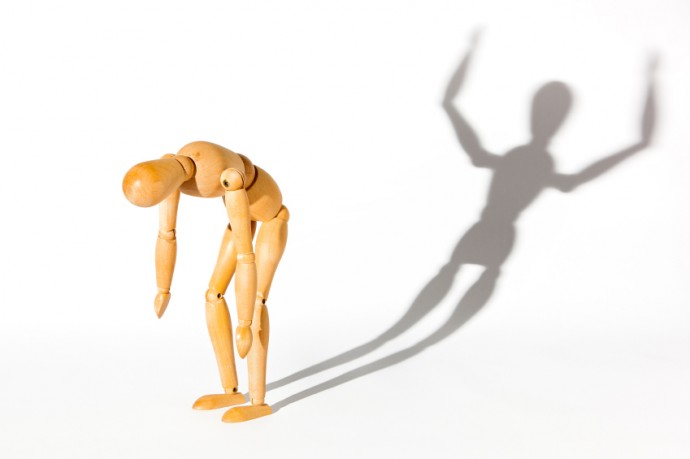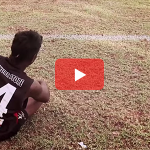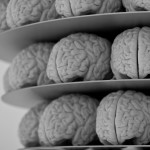
As the name ‘bipolar’ suggests, the affected person will suffer severe mood changes including excitement, known as manic episodes, and sadness, anger, and guilt, known as depressive episodes.
Ranging in severity, manic episodes consist of bouts of mania. A person experiencing a manic episode will experience symptoms such as euphoria, grandiose delusions, aggression, racing thoughts, recklessness, not sleeping, and engaging in unsafe sexual activity.
In contrast, a depressive episode will bring about an array of unpleasant symptoms including extreme feelings of sadness, lack of appetite resulting in weight loss, anxiety, difficulty concentrating, and suicidal thoughts and behaviour.
It is estimated that one in 50 Australians will develop the psychiatric illness, but the exact cause is not known. Evidence of genetic predisposition has been well established but other causes may include stress, neurological injury, and abnormal brain chemistry.
As for treatment, it will depend on the severity of the condition. Usually, medications will be employed to manage the symptoms including mood-stabilisers like lithium, antidepressants for depression, and sedatives or tranquilisers for mania. As well as these, counselling, community support programs, and self-help groups may prove to be effective.
The illness is the sixth leading cause of disability in the world and its onset is usually in late adolescence and early adulthood. The rates of the disorder are similar in men and women, and across ethnic groups and different cultures.
There is still a massive stigma associated with psychiatric illnesses like bipolar disorder and mental illness, in general. Remember that mental illness is very common and someone suffering it will need all the support you can give.
If you think you are experiencing what you think is a mental illness, visit your doctor or call SANE Australia on 1800 18 SANE (7263).






Comments are closed.